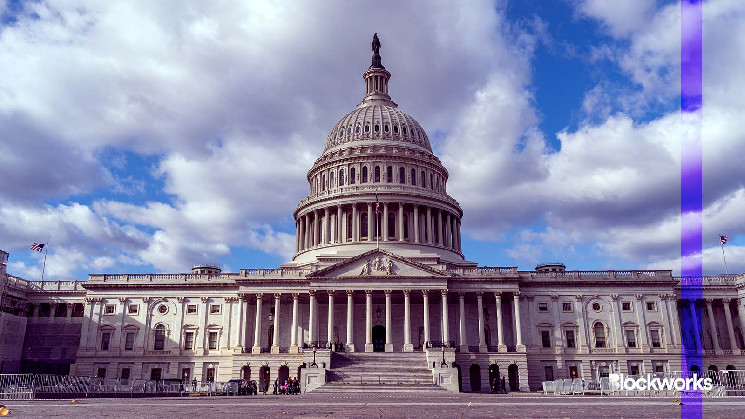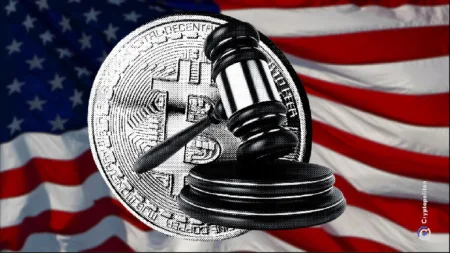Gary Gensler’s Securities and Exchange Commission has made a name for itself with its hostility towards cryptocurrency. Time after time, over the last few years, his agency has repeatedly thrown up roadblocks to the common-sense regulation of digital assets and overstepped its regulatory authority.
One of the SEC’s most detrimental actions on digital assets came in the form of a seemingly innocuous memo known as Staff Accounting Bulletin 121 (or SAB 121). SAB 121 is significant because it requires publicly traded banks to place digital assets on their balance sheet. This change contradicts a basic rule of bank custody: that bank custodial assets are always held off-balance sheet.
As a result, banks are staying on the sidelines. These highly regulated institutions have successfully offered custodial services to the traditional financial system for decades. They are the experts in their field, and keeping them out of this market is making Americans less safe.
The recent approval of the bitcoin ETPs revealed a problem: The bitcoin within these ETPs is not held by banks, and most have the same custodian.
If Chair Gensler wishes to protect retail investors, he should take this problem seriously. Whether you love crypto or hate crypto, digital assets are here to stay. We need to ensure American investors receive the same protections they would with any other asset class.
The content of the Bulletin is a problem, but the process is arguably even worse. First, Gensler’s SEC issued this bulletin without conferring with the banking regulators — an obvious misstep. Then, they attempted to circumvent the customary regulatory process by issuing a bulletin rather than a rule. Their process foul was so egregious that even the nonpartisan Government Accountability Office threw a flag on it, declaring that SAB 121 is effectively a rule for the purposes of the Congressional Review Act.
Last week, the US House of Representatives had the chance to change the course of federal policy and restore the role of Congress in the administrative rulemaking process. With the support of 207 Republicans and 21 Democrats, the House advanced our bipartisan resolution, H.J. Res. 109, which repeals SAB 121 under the CRA.
Now, the Senate is slated to take up H.J. Res. 109. We’re hopeful that this bipartisan, bicameral resolution will send a message — It’s time to adjust the SEC’s misguided approach to digital assets.
We need a repeal of SAB 121 for the future of our digital economy, the safe custody of cryptocurrencies and the good of the American investor.
Rep. Mike Flood, a Republican, represents Nebraska’s 1st Congressional District.
Rep. Wiley Nickel, a Democrat, represents North Carolina’s 13th Congressional District.
Read the full article here









